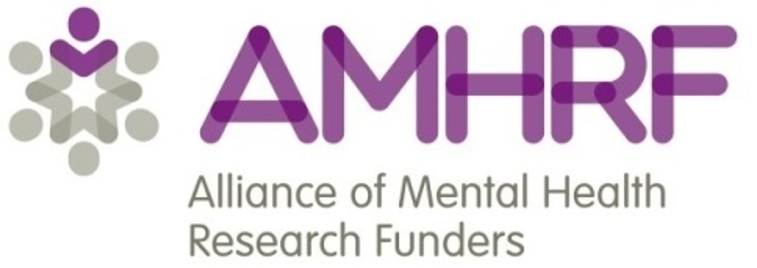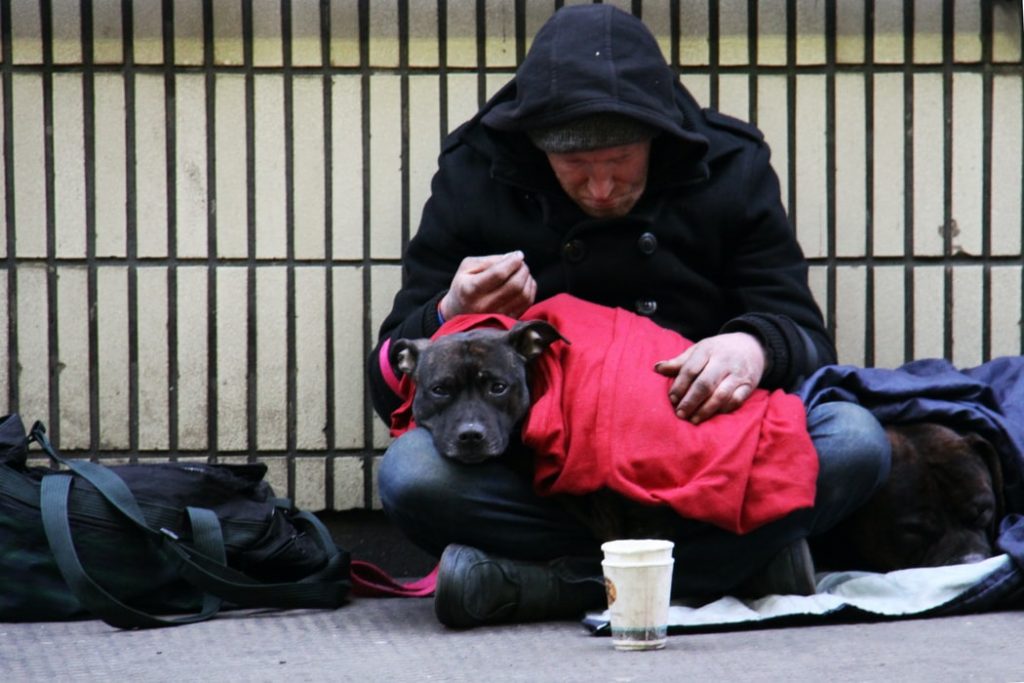 We have a responsibility to put accessible and rapidly applicable evidence in the hands of the people we support, professionals and policymakers, as well as ensuring that the big concerns from before aren’t forgotten, says the Alliance of Mental Health Research Funders.
We have a responsibility to put accessible and rapidly applicable evidence in the hands of the people we support, professionals and policymakers, as well as ensuring that the big concerns from before aren’t forgotten, says the Alliance of Mental Health Research Funders.
Our alliance of charities who fund mental health research meets twice a year to support each other, share updates, and encourage cross-sector funding collaborations. Our Zoom meeting on April 1st was a very useful opportunity to consider the role of smaller mental health funders during these unusual times. Organisations and individuals are struggling right now and acknowledging that is important. We are anxious about our staff (both jobs and wellbeing), worried about the physical and mental impact of Covid-19 on the people we support, and extremely concerned as mental health leaders about the impact of a damaged economy on the long-term mental health of the nation.
The conversation quickly turned to our roles and responsibilities. As research funders, what should we all be doing right now? What adjustments in current funding allocations might we need to make? And how should we plan the medium- and long-term strategy for funding mental health research once lockdown ends?
New and existing concerns
The consistent theme running through our conversation was deep concern:
- Concern about how to react appropriately to Covid-19 – not opportunistically or hastily, but in a careful, considered, and helpful way. We’re aware that there are lots of ideas for new studies being proposed, particularly surveys, and we want better co-ordination between teams to be encouraged and managed. While things like rapid reviews could be very useful, we need to prevent duplication. Now, more than ever, smaller funders can help co-ordinate efforts by linking up teams with similar interests, co-funding together, and engaging in co-ordinated activities so academic teams aren’t working in unconnected silos and can reach out across the divides. We need mental health researchers working with emergency and acute medicine and all the frontline teams modelling Covid-19 if we are to react appropriately.
- Concern that the research agenda of yesterday is not completely forgotten. Mental health research remains vital. The very large number of people with mental health problems deserve better, more accessible, and more personalised support. We need to better understand mental health and how problems develop and can be prevented. Public mental health must address societal inequalities.
- Concern that rapid research means vital steps to ensure high quality ethical research are being compromised. In the rush to do mental health research quickly in response to Covid-19, some of the structures vital for research quality are being side-stepped including high-quality patient and public involvement and research ethics.
- Concern to support the mental health research workforce, where many clinical academic teams have been re-deployed into frontline practice, and PhD students and research assistants may have been furloughed with enormous uncertainties over their jobs.

Although there are new concerns, previous ones like how to tackle social inequalities, have not gone away and in some cases are amplified by Covid19.
The ‘big questions’ in mental health research have new relevance
Even before Covid-19, the Alliance was already considering some ‘big’ questions as members grappled with prioritising our modest research funding pots. For context, within our membership, we have an organisation using crowdsourcing to raise money for research into OCD, another that funds research through a membership model (BACP), others who co-fund with larger funders such as the NSPCC and ESRC, and members who fundraise from the public like MHRUK, MQ and Autistica. Some members like Centre for Mental Health and Mental Health Foundation advocate for and support the funding of mental health research.
Our pre-Covid big questions included:
- What is ‘evidence’?
- What methods do we need to use to generate the type of research evidence that will make real world change to people’s lives?
- What evidence do policy makers need?
- What do people affected by mental health problems need to help them best manage their health and other related issues such as loneliness, poverty, unemployment, stigma and trauma?
These are all crucial today and will remain so, but the final question is perhaps particularly relevant. Firstly, our NHS and social care systems are under enormous strain and, even pre-Covid-19, were struggling to meet demand for mental health support. To imagine that they will snap back rapidly post-lockdown is naïve. Secondly, communities are setting up mutual aid groups and organising networking platforms across social media – where previously much of the public dialogue centred on the harms of social media for young people, we’re now using it more and more to educate, entertain and exercise and, crucially, protect our sense of self, our social connections and our mental wellbeing. It is important to understand the impact and sustainability of increased use of social media at this time, particularly as social media platforms’ capacity for moderation of harmful and illegal content and behaviour has decreased due to the response to Covid-19. And finally, while we’re all finding many aspects of this current situation challenging, the impact is even more keenly felt by the most vulnerable in our society and they are most likely to be left behind when things begin to return to ‘normal’. Evidence from other epidemics strongly suggests that one of the lasting legacies of these terrible events is widespread mental ill-health. This is a public health crisis but it is and will remain a mental health crisis for years to come.

While we’re all finding many aspects of the current situation challenging, the impact is even more keenly felt by the most vulnerable in our society and they are most likely to be left behind when lockdown ends.
Shaping the mental health research landscape
So research remains critical. It’s well recognised that mental health research, although a leader in user-led research and social research, lags far behind many other health disciplines in terms of life-changing knowledge ‘breakthroughs’. But it’s also clear that as well as more impactful research in the future, people need access to what we know now – and quickly. As funders, we have a responsibility to put accessible and rapidly applicable evidence in the hands of the people we support, professionals and policymakers.
We can’t tackle these challenges alone. Some Alliance members will be hosting virtual discussions over the coming weeks to engage more widely with people across the sector. We want people affected by mental health problems, practitioners working in mental health, researchers, policy makers and funders to come together to share ideas and help shape the mental health research agenda for today and tomorrow. This could include a discussion of the recently produced Covid-19 ‘road-map’ for mental health research. We’re keen for topics to be suggested to us so please do get in touch.

We want people affected by mental health problems, practitioners working in mental health, researchers, policy makers and funders to come together to share ideas and help shape the mental health research agenda.
The Alliance of Mental Health Research Funders is made up of:
Autistica https://www.autistica.org.uk/
Bipolar UK https://www.bipolaruk.org/
British Association of Counselling and Psychotherapists (BACP) https://www.bacp.co.uk/
Centre for Mental Health https://www.centreformentalhealth.org.uk/
Charlie Waller Memorial Trust https://www.cwmt.org.uk/
Maudsley Charity https://maudsleycharity.org/
McPin Foundation https://mcpin.org/
Mental Health Foundation https://www.mentalhealth.org.uk/
Mental Health Research UK http://www.mentalhealthresearchuk.org.uk/
Miricyl https://www.miricyl.org/
MQ https://www.mqmentalhealth.org/
National Society for the Prevention of Cruelty to Children (NSPCC) https://www.nspcc.org.uk/
Orchard https://www.orchardocd.org/
Samaritans https://www.samaritans.org/
This blog was prepared by Jon Spiers Chief Executive of Autistica, and Vanessa Pinfold chair of the Alliance and Co-founder / Research Director at McPin Foundation.
Links
Image credits
Photo by Nick Fewings on Unsplash
Photo by Matthew Smith on Unsplash
Photo by Riccardo Annandale on Unsplash
Leave a Reply
You must be logged in to post a comment.